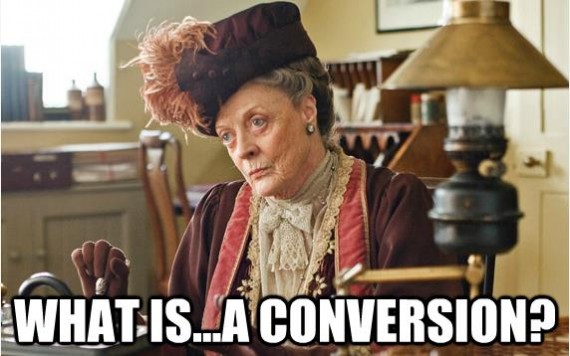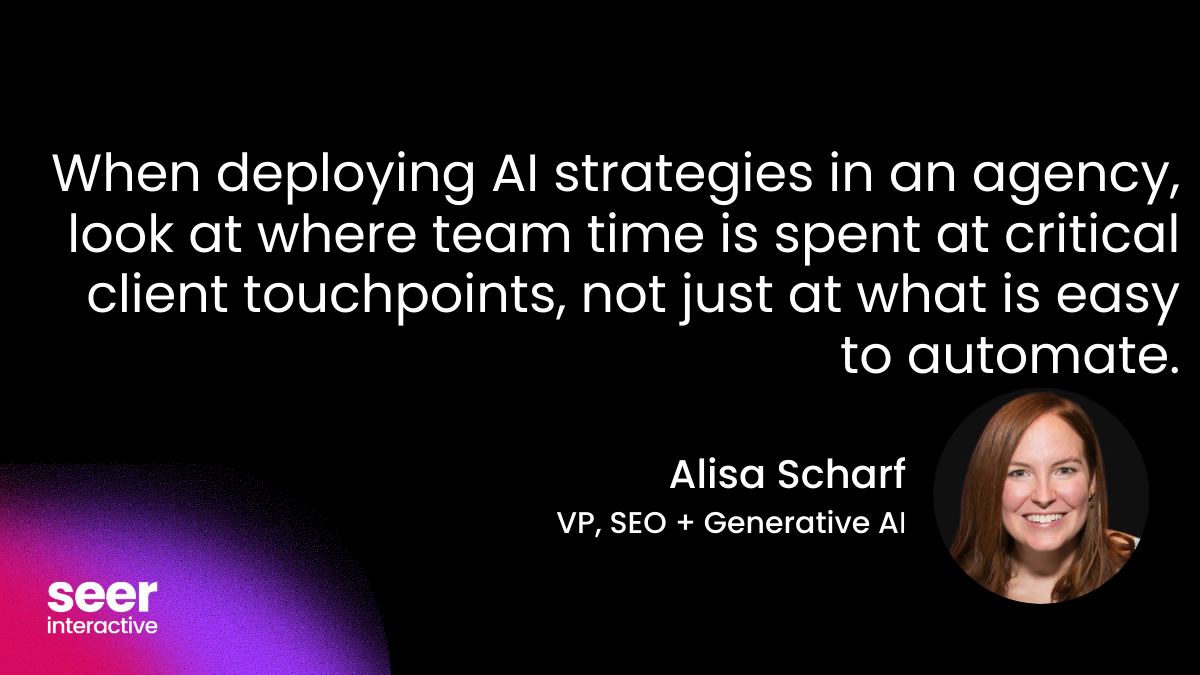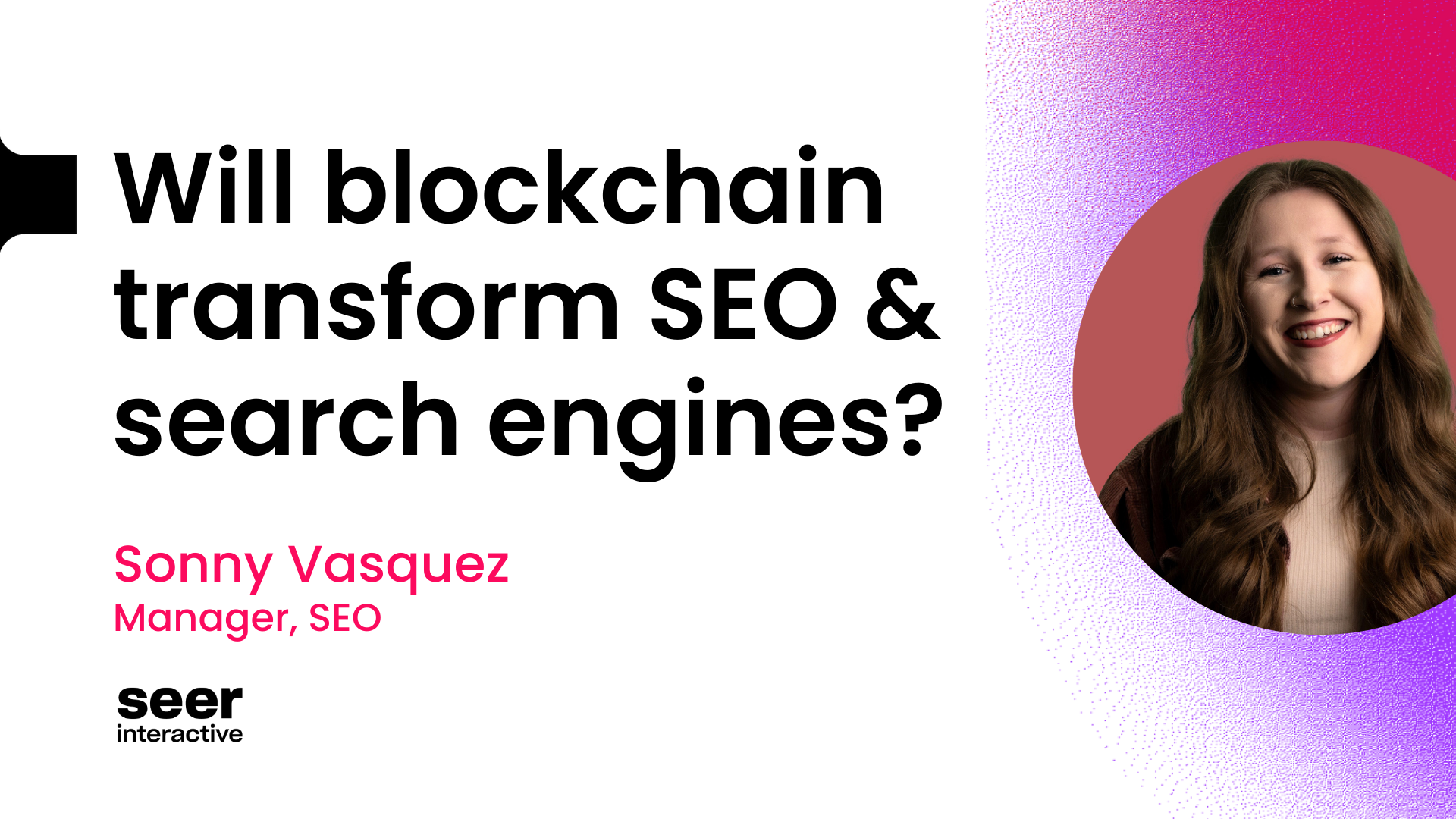
One of the best questions I've been asked during a job interview is “How would you explain your job in PPC to your grandmother?” After the interview I called my actual grandmother (Shout out Jean!) and tried to explain my job using colorful real world examples and phone book analogies. At the end of my (completely unprompted and possibly unwanted) spiel my grandmother had just one question.
“But… why?”
Brushing aside the crazy idea that she was actually wondering why I called her out of the blue to talk about the yellow pages and farm auctions, I can answer that question in one word: conversions! Conversions are the “why” and end game driving any PPC campaign, even programs that might not seem to drive a traditional conversion.
What Is A Conversion
A conversion is the action you want completed after your PPC ad is clicked on. Most commonly in the direct response world this action is a form submission or a sale, but a conversion could just as easily be a page view or a download depending on your program’s goals. Let’s take a look at some different types of conversions!
E-Commerce
The world of e-commerce is where a conversion is most straightforward. You want to convert a Searcher into a Buyer! Any time a user makes a purchase, we can consider that a conversion.
Lead Generation
A lead generation or “lead gen” conversion is the act of connecting a searcher with a business. This can be achieved by filling out a few fields on a landing page, by signing up for a newsletter or by placing a phone call. Anything that puts a potential customer or subscriber in touch with an advertiser may be considered a lead. Following leads through their life cycle and analyzing what types of leads end up delivering the most value can help you prioritize what leads you should be driving.
Branding
Branding campaigns often have less identifiable goals, and you may have to get creative when establishing exactly what a conversion is. It could be viewing a certain page, watching a video or downloading some kind of asset. If your goal in branding is to impart some key value or message to the searcher, reflect on what action will serve as confirmation that the message has been imparted. There’s your conversion!
Social
Social campaigns, whether being run within the social network itself or on an outside search engine, have the aim of driving interactions with an advertisers social network account. This could be a follow on Twitter or a like on Facebook.
Track Your Conversions
Once you've identified what action constitutes a conversion for your program, you'll want to make sure you're accurately tracking these conversions back to each ad and keyword you're running. Stay tuned for an upcoming blog post on conversion tracking!

